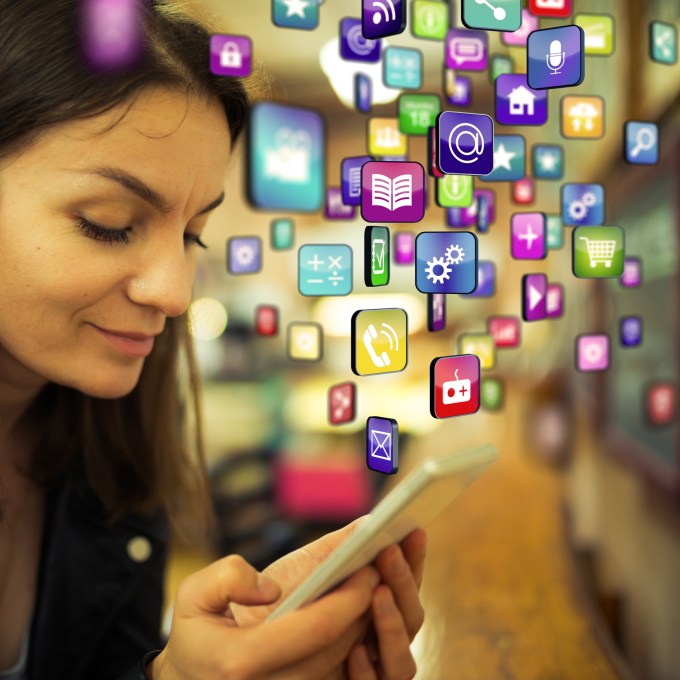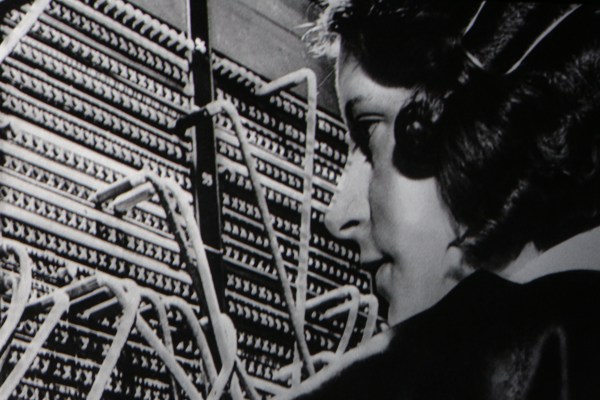There’s an adage in politics that’s been around for years: don’t f*** with people’s cars. While the right to drive where you want, when you want is not formally enshrined in the U.S. Constitution, for decades upon end, it might as well have been.
Messing with people’s cars was one of the third rails of politics — raise tolls, the gas tax or anything else that touches people’s vehicles at your own peril. That’s why gas taxes across the U.S. are exponentially lower than they are in Europe. Politicians concocted Tollway Authorities to create an independent, unelected bad guy to take the blame when tolls had to be raised. It’s why the movement to privatize toll roads never really took off.
But in the last five years, that has all started to change. Cars – and the right to drive them – are not quite as cherished as they used to be.
Fewer sixteen-year-olds than ever are getting their drivers licenses – it’s easier and cheaper to just take an Uber or a Lyft.
Increasingly people keep moving into cities, making cars less necessary. And as autonomous vehicles take hold, riding in a car will become no different than taking any other form of public transportation. But as the politics of not messing with people’s cars wanes, a new refrain has taken root — don’t f*** with people’s phones.
Phones are more than a utility and they’re more than ubiquitous. They’re our lifeblood to society – to our work, our family, our friends, our interests.

Casual woman inside a cafe downloading or sharing information with a smartphone . A lot of apps, media and other information flying out or into the phone
The digital world has become the physical world. And if people were passionate about their right to drive, they’re even more steadfast in their right to use their phones as they please, when they please, how they please. And that will bring about major changes in society.
For example:
- Phones provide regulatory protection that allow startups to compete: One reason entrenched interests keep losing regulatory battles to startups is because the product or service being sold by the startup is almost always available on someone’s phone. And because of that, people tend to view the app in question as an extension of the phone itself. Regulators and legislators don’t like being constantly criticized by their constituents over email and twitter for trying to impose new regulations on startups, so they’re learning to say no to their donors and friends who want startups quashed. That will help change the regulatory landscape for entire industries – health care, energy, education, transportation, insurance – in the next few years.
- Phones will hasten the legalization of controversial products: More and more controversial products and services will become legal and available because they can be accessed via someone’s phone. While the Trump presidency will put a short-term crimp in cannabis legalization, marijuana is now a product you can order from your phone (at least through Eaze in California). Consumers expect to be able to use their phone to buy what they want, when they want, and that basic expectation will hasten cannabis legalization across the country.
The same is true for gaming. It’s one thing for a state government to slowly dole out casino licenses. But telling people they can’t play poker or video games for money on their phones comes with a much higher political cost (it means saying no to everyone) – and that’s why legalization of virtually all forms of gaming will happen a lot sooner than people realize.
- Phones will save democracy: When it comes to the act most fundamental to maintaining our democracy, we currently toss aside the object we rely upon most and revert instead to an outdated approach that is difficult from start to finish –identifying your polling place, finding time to go there, waiting in line, dealing with confused/hostile people working at the polling place, finally voting and then driving or walking back to wherever you started. Not surprisingly, few people bother to consistently vote.
Politicians tailor their views, votes, policies and actions to cater to the people who can elect or un-elect them. And given that those who actually do vote (especially in primaries) tend to be highly partisan and highly ideological, the people they elect then religiously represent their views, which means constant polarization and dysfunction. But the easier it is to vote, the more people will vote. The more people vote, the more mainstream our politicians become because they have to start representing the views of more and more people. And when politicians are acting within the mainstream, that allows them to – finally – work together and get things done.
Politicians learned to behave with extreme caution on anything related to cars. If they don’t learn to exercise the same restraint on anything connected to people’s phones, they’ll pay a steep price. So as a new President takes office, a new Congress settles in, and new Governors and state legislatures begin their sessions, here’s a new political adage to commit to memory: don’t f*** with people’s phones.
